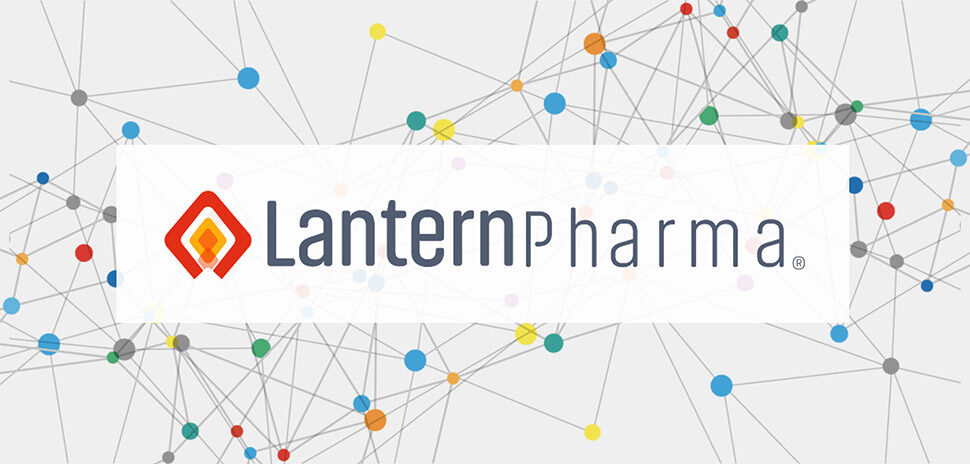Marc Chamberlain, M.D., has been appointed as the Chief Medical Officer at Starlight Therapeutics.
Starlight Therapeutics is a Dallas-based Lantern Pharma subsidiary focused exclusively on the clinical development of therapies for central nervous system and brain cancers with limited or no effective therapeutic options.
In his role as CMO, Chamberlain will oversee the company’s upcoming clinical trials focused on several serious and complex brain-related conditions: glioblastoma and other high-grade gliomas (aggressive types of brain tumor), brain metastases in adults (secondary brain tumors originating from cancer elsewhere in the body), and two types of pediatric brain tumors — atypical teratoid rhabdoid tumors (ATRT) and diffuse intrinsic pontine glioma (DIPG).
“Starlight Therapeutics and Lantern Pharma are poised to transform oncology with AI-enabled drug development aimed at providing advanced precision therapeutics for cancers in areas of severely unmet need, such as multiple types of pediatric and adult brain cancers, for which there is currently no cure,” Panna Sharma, CEO and president of Lantern Pharma, said in a statement.
Sharma said Chamberlain’s expertise in neuro-oncology and therapeutic development will be “invaluable” to the further development of treatments in the pipeline, as well as the the discovery and development of treatments needed by cancer patients.
Starlight said that in his new role, Chamberlain will apply his significant medical, clinical, and pharmaceutical development expertise to advance Starlight’s AI-enabled and accelerated drug development portfolio.
Chamberlain is a leading medical oncologist with an extensive and distinct background in therapeutic development, clinical practice, and academic research with a focus in adult and pediatric neurology and neuro-oncology.
The company said his experience before joining Starlight included serving as the co-director of the neuro-oncology programs at four NCI designated cancer centers— Moores Cancer Center at UC San Diego, Norris Cancer Center at USC, Moffit Cancer Center at the University of South Florida, and Fred Hutchinson Cancer Center at the University of Washington.
Chamberlain also served as medical director for Cascadian Therapeutics, Seattle Genetics, SystImmune, Angiochem, and Pionyr Immunotherapeutics. He has published more than 300 neurology-focused papers in peer-reviewed journals.
“Starlight, in collaboration with Lantern Pharma, is poised to advance its novel central nervous system (CNS) penetrant wholly synthetic acylfulvene, LP-184 (referred to as “STAR-001” for CNS indications), to target tumors in the brain,” Chamberlain said. “We are now preparing for two recurrent glioblastoma studies as part of a larger planned expansion study to assess STAR-001 in subjects who have failed standard-of-care temozolomide and involved field radiotherapy.”
Chamberlain noted that the development of STAR-001 for use in brain tumors used Lantern’s RADR® platform in modeling and preclinical experimentation in multiple in-vitro and in-vivo models.
“I’m looking forward to working alongside the talented researchers and experts at Lantern and its collaborators at Starlight who have already done so much to advance these treatments. I look forward to working together with our collaborators and clinicians to bring these and many more innovative neuro-oncology treatments to the patients who need them,” he said.
Lantern Pharma is an AI company transforming the cost, pace, and timeline of oncology drug discovery and development.
![]()
Get on the list.
Dallas Innovates, every day.
Sign up to keep your eye on what’s new and next in Dallas-Fort Worth, every day.

































































